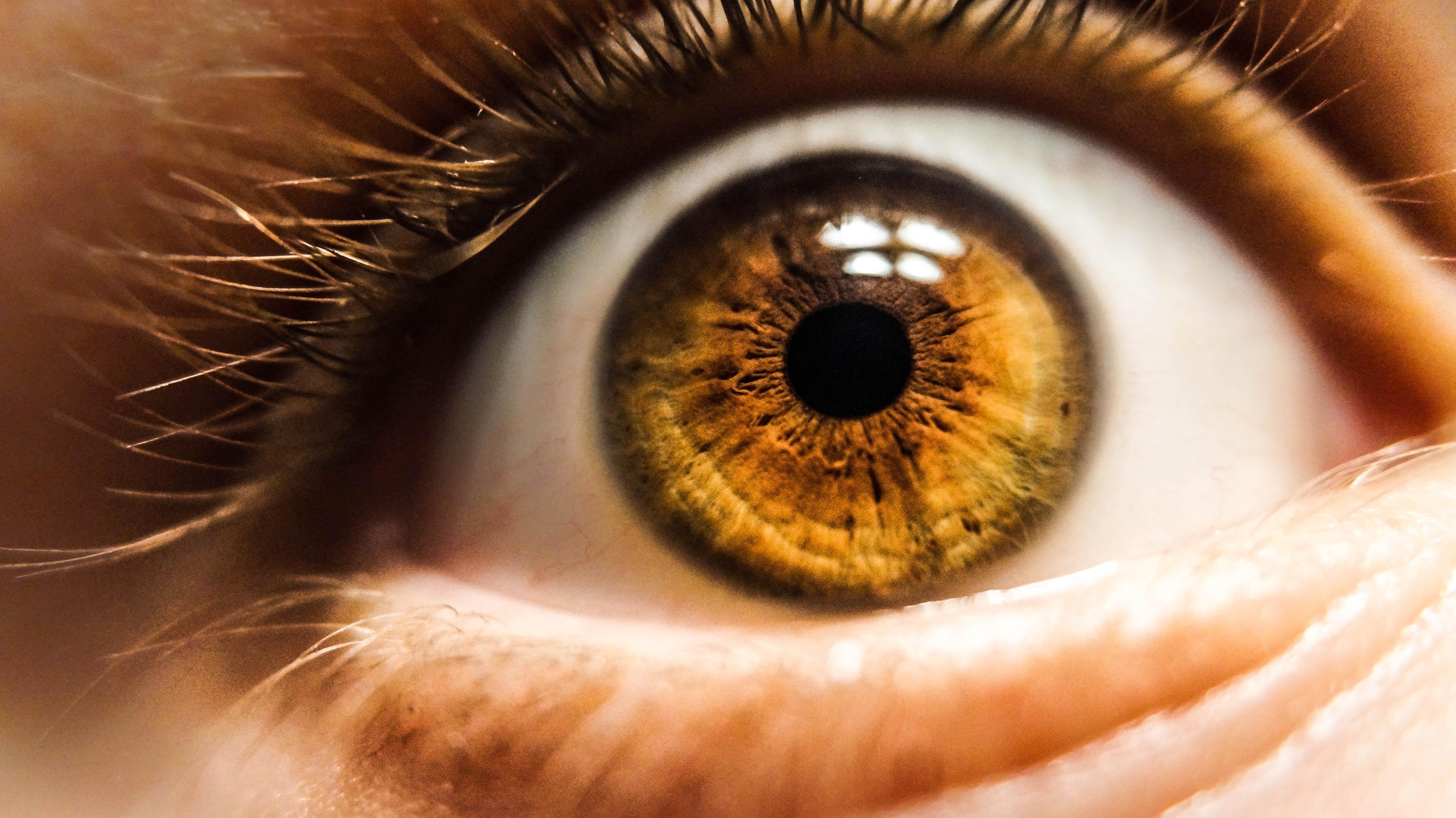psychology
Once limited in range, mass hysteria can now spread across the globe in an instant.
When you unintentionally step on a dog’s tail, does it know that it was an accident?
What we can learn from our complicated relationship with boredom.
Our brains did not evolve to shop on Amazon.
A new study found that people who scored high in certain psychopathic traits are more likely to limit head movements.
Science confirms what you already knew about being helpful to others.
▸
5 min
—
with
Money can buy happiness — if you spend it on others, research suggests.
Our brains believe $10 today is more tangible than $100 next year.
Fintech companies are using elements of video games to make personal finance more fun. But does it work, and what are the risks?
For the ancients, hospitality was an inviolable law enforced by gods and priests and anyone else with the power to make you pay dearly for mistreating a stranger.
A new study tested to what extent dogs can sense human deception.
When we rely on the conscious mind alone, we lose; but when we listen to the body, we gain a winning edge.
Research shows that those who spend more time speaking tend to emerge as the leaders of groups, regardless of their intelligence.
From “mutilated males” to “wandering wombs,” dodgy science affects how we view the female body still today.
People tend to reflexively assume that fun events – like vacations – will go by really quickly.
The same parts of the brain that help us navigate complex social interactions can also drive us to make wildly bad investments.
Why your brain wants you to follow the crowd.
▸
6 min
—
with
South Korea is piloting a CCTV system it hopes will save lives.
Technology usually has more pros than cons, but every benefit still carries some risk.
Theoretical physicist Leonard Mlodinow offers three strategies for relaxing your cognitive filters to give your brilliant ideas time to shine in the spotlight of the conscious mind.
Attempts to normalize abnormal development could prevent individuals in need of help from seeking it.
Brain-based technologies of spiritual enhancement can induce mystical experiences in many people on demand. What does this mean for spirituality today?
Are you getting a full 8 hours?
What most people don’t realize is that everyone’s imagery is different.
Laughing gas may be far more effective for some than antidepressants.
Dealing with rudeness can nudge you toward cognitive errors.
Maybe eyes really are windows into the soul — or at least into the brain, as a new study finds.
In each of our minds, we draw a demarcation line between beliefs that are reasonable and those that are nonsense. Where do you draw your line?
The experience of life flashing before one’s eyes has been reported for well over a century, but where’s the science behind it?





























